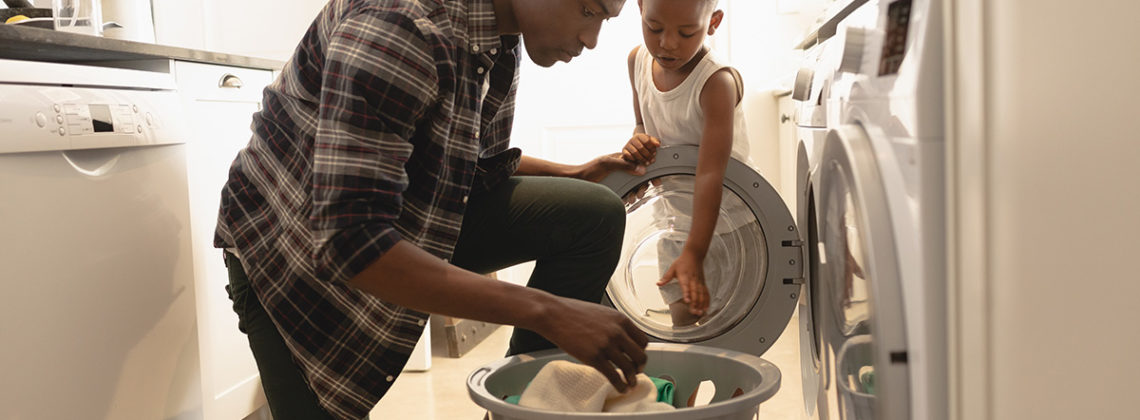
by homewarranty.com
National Poison Prevention Week is observed each year during the third week of March to remind you what you should know about poisons throughout your household. Here’s What You Should Know About Poisons in your home and some great tips from the Health Resources and Services Administration (HRSA).
Home Safety Tips
Each year, more than 90% of exposures reported to local poison centers occur in the home. Here are some ways you can keep your family, friends, and yourself poison-safe at home:
Prepare for a Poison Emergency:
Put the Poison Help number, 1-800-222-1222, on your mobile phone and display it in your home and at work in case of emergency or if you have questions. You can also text POISON to 301-597-7137 to save the number on your mobile phone. Calls are free, confidential, and answered by experts – 24/7/365.
Practice Safe Storage Habits
Store the following items in their original containers up, away, and out of sight of children. Keep these substances in cabinets secured with child-resistant locks.
- All medicines and pharmaceuticals, including over-the-counter medicines, prescription medicines, vitamins, and supplements
- Tobacco and e-cigarette products, especially liquid nicotine
- Alcohol
- Laundry and cleaning supplies
- Pesticides and insect repellents
- Button batteries, such as those found in musical greeting cards, key fobs, etc.
- Any type of oil or lubricant, including fragrance oils, tiki torch oils, engine oil, etc.
- Personal care products, especially contact lens disinfectants and hand sanitizers
Read and Follow Labels and Directions
Make a habit of reviewing the label on any potentially hazardous substance or product prior to use, especially before administering medicines. Take care to follow usage directions, as well as instructions for safe storage and disposal. Call your local poison center by calling 1-800-222-1222 if you have any questions about the directions.
To protect your family, install carbon monoxide detectors in your home. Carbon monoxide is a colorless and odorless gas that can lead to severe illness and even death. Most carbon monoxide exposures occur during the winter months or during power outages.
Practice Safe Food Preparation and Handling
Keep raw meats, eggs, and poultry separate from other foods in grocery bags, on the counter, and during preparation.
Use a food thermometer to check if meat is fully cooked and has reached the internal temperature required to kill harmful bacteria. Once cooked, keep hot food hot and cold food cold.
STORE: Refrigerate leftovers within two hours to reduce the risk of bacterial growth. Consume or freeze within 3-4 days.
